Few literary stars have burned as bright as the late Oscar Wilde, whose unique, paradoxical and intriguing blend of boldness and grace dazzled in the flesh, as well as on the printed page. While Wilde remains a controversial figure – his calculated flamboyancy inspired many, yet irritated his detractors – few dispute the talent, influence and singularity of the man and his work. I adore and greatly respect Oscar Wilde – do you?
10. Immorality
At Wilde’s core, passions simmered. Although he tried to live conventionally by marrying Constance Lloyd, as time passed, he found it more difficult to repress (or even to take care to hide) his sexual preferences. As he embraced his true self, he naturally turned away from the moral status quo of his time. After all, the value system of his age was clearly in direct opposition to his own desires.
While he occasionally romanticized the rites of Catholicism, primarily for their beauty alone, the principles of the church were typically analyzed (in great detail) and then forcefully rejected.
While critics of Wilde may view the author, poet and playwright’s “immorality” as a great negative, those who honour Wilde’s spirit and his literary legacy are probably more likely to view this “immorality” as honesty, with regard to living one’s life one’s own way.
9. Decadence
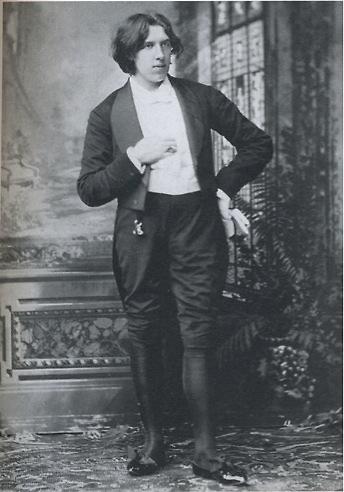
“I have a duty to myself to amuse myself frightfully.” Again, decadence, like immorality, may not be viewed as a virtue, depending on a person’s own moral perspective. In other words, this type of excess is not everyone’s cup of tea. However, those who do value the hedonistic elements of life experience may well appreciate the innate (and carefully cultivated) decadence of Wilde.
It is very safe to say that Wilde pushed things to the edge. Sometimes, his desire for pleasure led him to make terrible mistakes – for example, his liaisons with men were well-documented, and these dalliances tarnished his reputation, while also setting the stage for later imprisonment within the dank confines of Reading Gaol.
By acting out publicly, Wilde gave his enemies, who were legion, a great deal of ammunition. However, his decadent experiences surely provided him with the self-expression and inspiration that he needed in order to achieve pinnacles of creativity.
Wilde, unafraid of much of anything, (although he did have some fear of poverty and ridicule, both of which awaited him in the distance) and certainly unafraid of the darker elements of human existence, was more than happy to lead a very decadent life, frolicking among the denizens of the night.
Lazy (he preferred to be called, “languid”) and chatty, Wilde was renowned for embracing the life of the mind”. However, he was also a sensual human being. Therefore, he frequently soothed (or stimulated, depending on his mood) his senses with excesses of food, rivers of alcohol, dandyish clothing, and a stream of young and handsome lovers.
8. Heart
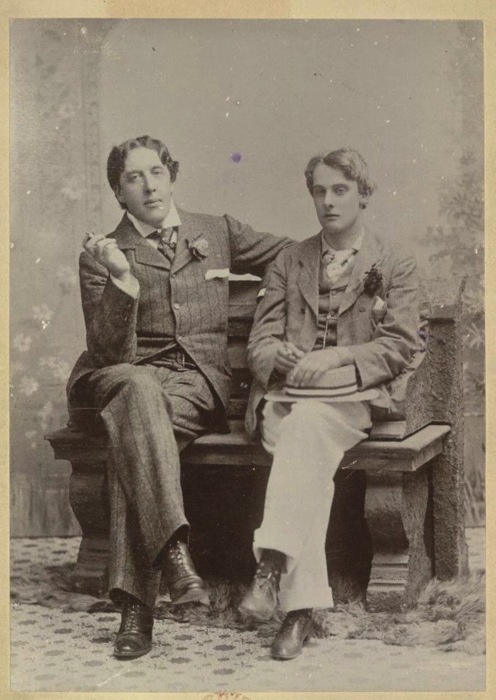
One young and handsome lover stole Wilde’s heart. Nicknamed “Bosie”, this delicate, blond creature (Lord Alfred Douglas), displayed caprices and quirks which were certainly a match for the Irish-born Wilde’s own idiosyncrasies. While Wilde was often perceived as the blithe, above-it-all, cold aesthete, his feelings for his beloved Bosie, who, in the end betrayed him terribly (according to a letter written by Wilde, De Profundis and according to accounts from other parties who knew Douglas and Wilde), ran very hot.
Until the end of his life, Oscar wrestled with his tortured passion for Lord Alfred Douglas – in moments of clarity, such as those experienced during his soul-destroying (and health-destroying) stay in Reading Gaol, he saw his true love for who he really was – a shallow and childish man who was motivated almost entirely by self-interest. Yet, even then, Wilde’s heart would sometimes soften towards the often cruel and always beautiful man who was once his primary muse. It’s certainly possible that Bosie had sincerely returned his ardor, back in the old days.
It may be argued that Wilde’s enduring love for Bosie was a central element in his eventual loss of reputation, poverty and early death. After all, it was Bosie’s irate father who publicly accused Wilde of homosexuality, thereby provoking Wilde to sue him. Although this libel lawsuit was dropped, Wilde was later charged with several counts of gross indecency and was convicted on those charges (and sent to prison). On the flip side, his adoration of the spoiled English aristocrat and poet (who coined the famous phrase, “I am the love that dare not speak its name”) undoubtedly added significant fire and eloquence to his work.
Wilde idealized his lover until reality stared him in the face and he could no longer make himself believe that Bosie’s love was in any way equal to his own. At this point, he experienced intense heartbreak.
So, Wilde did know how to love. He did have a heart. While he was as imperfect as any other lover, he demonstrated loyalty to Bosie in tangible and poignant ways, over and over again, until he simply could not do so anymore.
7. Influence
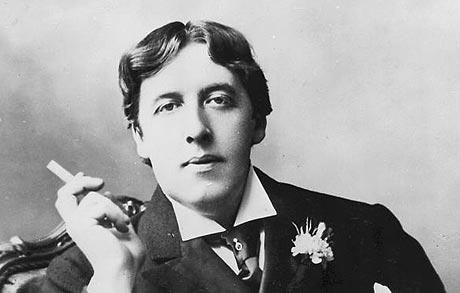
While Wilde had Bosie as his muse, as well as other muses, such as his own mother, who was quite eccentric, and the popular stage actress (and great beauty) of the day, Lillie Langtry, he also served (and continues to serve) as the muse for other artists. For example, back in his time, he was the subject of a pen-and-ink drawing which was created by the acclaimed artist, Aubrey Beardsley, who work is, in equal measures, elegant and grotesque. In addition, Beardsley illustrated scenes from Wilde’s controversial play, Salome, which Oscar wrote while inhabiting Paris.
In our time, Wilde continues to inspire. One key example of Wilde’s modern influence is director Todd Hayne’s cinematic effort, Velvet Goldmine. This film tells the story of a famous glam-rock star who fakes his own death, and whose androgynous, flamboyant ways are inspired by the spirit of Wilde, whose gemstone brooch the glam-rock star (played by actor, Jonathan Rhys-Meyers) wore.
Musicians who count Wilde among their muses include former Smiths frontman, Morrissey, who collects Wilde first editions, and Billy Corgan of the Smashing Pumpkins (the Smashing Pumpkin’s “Stand Inside Your Love” video is a tribute to the Wilde play, Salome).
Of course, these examples merely scratch the surface, as Wilde’s influence is so far-reaching.
6. The Picture of Dorian Gray
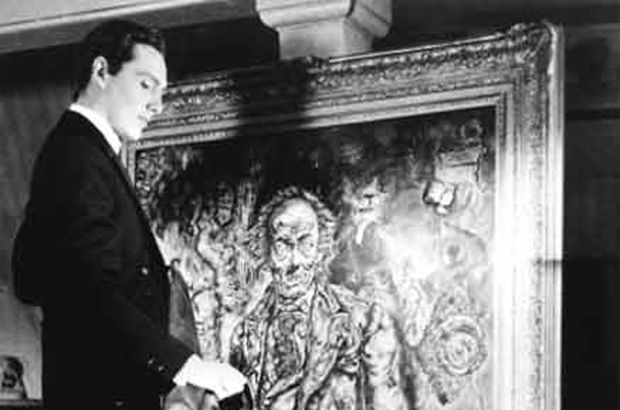
Oscar Wilde penned only one novel – The Picture of Dorian Gray. However, this relatively slim volume left an indelible impression upon its readers. Published in the summer of 1890, the novel outraged certain critics of the time, due to its “innovative” approach to morality. In fact, the editors of the novel culled certain passages from the work, without telling the author, in an attempt to tone down the book’s “indecency” before its publication. In time, Wilde himself stepped in and altered his work, by writing extra chapters and adding a now-infamous Preface.
In the story, the protagonist, Dorian Gray, is painted by an artist named Basil. Basil becomes obsessed with his handsome subject. Dorian then meets an aristocrat, Lord Henry, who influences his behavior and beliefs. Celebrating beauty and sensual pleasures above all else, Lord Henry becomes the catalyst for pronounced changes in Dorian’s personality. Gray becomes fearful of losing his youth and allure, and lightheartedly relates a wish to sell his soul in return for never-ending youth. In other words, he wants his portrait to grow old, while he remains exactly as he is now. Magically, the request is granted.
As Dorian falls further into a hedonistic lifestyle, his painting shows the march of time – and the fearful effects of sin.
5. Plays
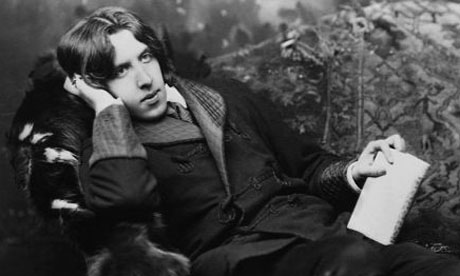
The multitalented Wilde also excelled as a playwright. His efforts in this literary genre, such as Salome, The Importance of Being Earnest, An Ideal Husband and A Woman of No Importance, are known for their stinging social critiques (which are delivered with Wilde’s characteristic elegance and refinement), their clever dialogue and their posh settings. Among his works, Salome stands out from all of the rest. With Salome, Wilde deviated from the norm, by setting his play in Biblical times. Those who appreciate satire which attacks the hypocrisy and moral strictness of the Victorian Age will likely benefit from reading these works and/or attending performances of the plays.
4. Poetry
Oscar Wilde wrote many beautiful poems. However, one of them is utterly devastating in terms of its emotional honesty. Written in memory of his sister, Isola, who had died at the tender age of 9, due to an “effusion of the brain,” Resquiescat will likely move anyone who has lost someone that they loved deeply.
Excerpt from Resquiescat
Peace, Peace, she cannot hear
Lyre or sonnet,
All my life’s buried here,
Heap earth upon it
3. Style
The role of aesthete came naturally to Wilde, who ardently believed in the value of the style and the superficial. While there was clearly much more to Wilde than surface appearances, he was nonetheless devoted to appearances and made no secret of the fact.
From his long, dark hair, which his jailers forced him to cut off (to his great consternation!) to his rakish chapeaus (tilted to the side, if you please) to his sweeping capes and velvet and silk suiting (these separates were always accented with luxurious ties and stockings which complemented Wilde’s coloring to perfection), it was abundantly clear that Oscar cared about his outfits. In addition, he believed that everyone should be able to wear whatever they wished.
This mode of thinking was obviously rather unorthodox during Oscar’s era.Wilde shared his views on fashion/aesthetics in his treatise, The Philosophy of Dress.
2. Wit
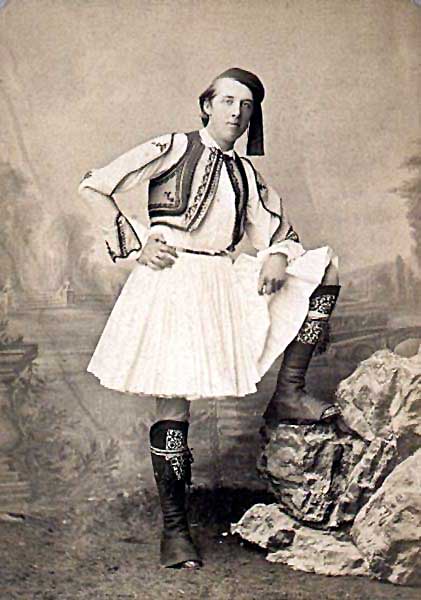
Should the wit of Oscar Wilde be at Number One on my list? Perhaps! After all, it is a pure distillation of the man’s genius. While I chose a different attribute for the top spot, the glittering bon mots of Wilde are definitely a great reason to love him. Since Wilde is quoted so extensively, even today, I won’t detail all of his most classic lines here. Chances are, you’ve read them all before. Suffice it to say that a gem, such as “It is absurd to divide people into good and bad. People are either charming or tedious” will always resonate with many of us.
Amusing, exuberant, rebellious, pitiless. Wilde’s exceptional intelligence and unique mindset brought magic to every quip and chance remark that he uttered, and the world is better for it.
1. Bravery
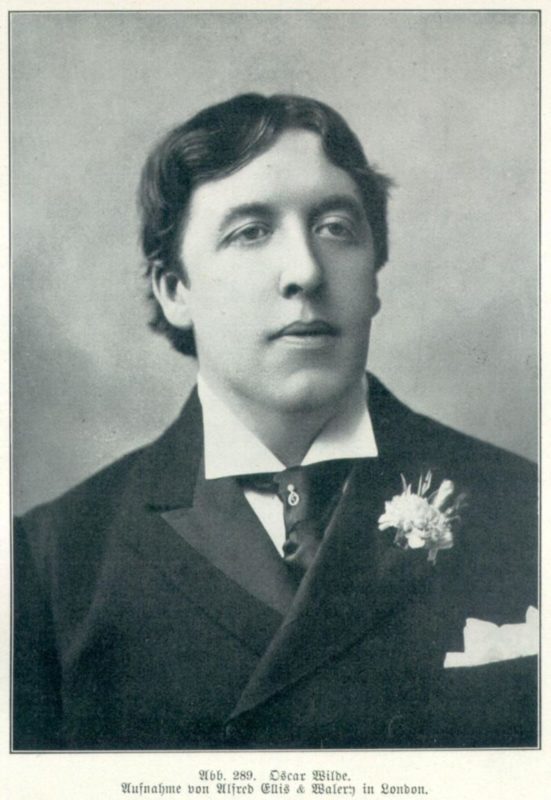
Who is braver than Wilde? Who suffered more in order to be who he truly was? By facing his oppressors, in court and out in the world, Wilde displayed the magnificent courage of a lion.
To imagine Wilde’s suffering in Reading Gaol is painful, and it’s something that I’ve done often. To think that one of the great minds of the age was locked up and relentlessly persecuted, although he hurt no one, is heartbreaking. How many others who love (or loved) have also suffered for it, although they hurt no one? So many.
This great visionary gave countless gifts to the world. Sadly, in the end, most of his friends were of the fair-weather variety. In other words, they chose to shun him when he was penniless and in disgrace. However, in his bravery and honesty, he distinguished himself as an authentic human being. He moved beyond the superficial. In addition, with his body of work alone, he immortalized himself.
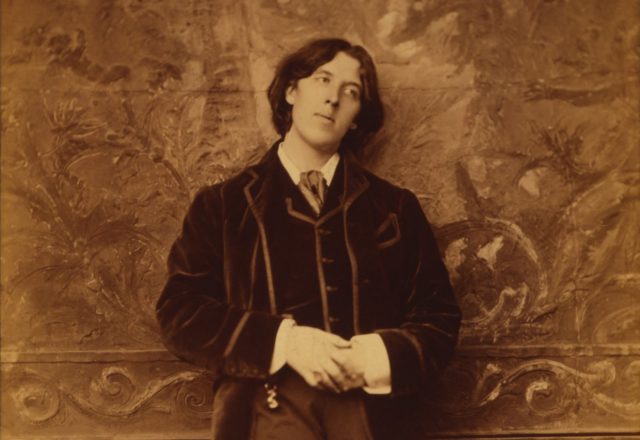
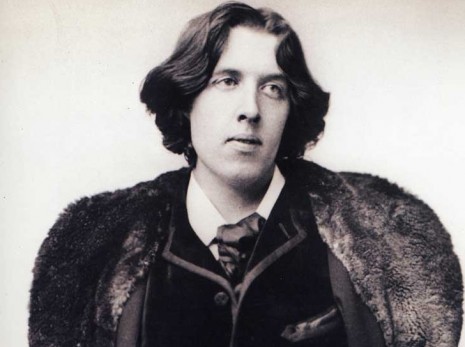

17 Comments
These reasons are far more to gross this guy than to like him.
Wilde did not “forcefully” reject Catholicism. Point of fact is, just prior to his death he requested to be visited by a priest and in front of several witnesses willfully and knowingly converted to the Catholic faith. This comes directly from several Wilde biographies.
thank you, Celeste! 🙂
Great article of a man I so much admire in so many ways.
Thank you so much! It’s very fulfilling to connect with other Wilde fans (like you!) via the comments posted here. I’m glad you enjoyed the list!
Lovely. Thank you very much for the touching and truthful homage.
Thank you, The Whole Truth. My understanding is that Wilde was delirious on his death-bed when a priest was called in, but I may well be wrong. I really appreciate your taking the time to read my work and leave a comment. 🙂 Have a great day!
Overall, a good article. However, I am afraid a blatant prejudice is revealed; although you state the Wilde “forcefully rejected” Catholicism at one point in his life, you neglect to discuss the end of his life and his return to the Church.
Agreed – thanks so much for reading my article 🙂
Thank you so much. 🙂 I really appreciate your insightful comments!
It’s Lovely. You captured him wonderfully. Thank you.
Your elegant prose does much to capture the best traits of Saint Oscar: : his genius, his kindness and his courage. But what might be added is his socialist sensibilities. In particular, his readiness to be the voice of the disenfranchised and the poor, and his dislike of fashionable altruism.
Wonderful article. The subject dealt with is pretty sui generis himself, but your writing just emphasized the fact. Thank you!
Lovely. Beautiful writing. You captured him quite wonderfully. Thank you.
thank you so much. I really appreciate your kind words.
Well, he certainly frequented the brothels of his time. In the Victorian Age, in Paris, London, New York, etc., there were many brothels of this type, and who is to say if all of those who worked in these brothels were of legal age? The standards of the age were very different from ours, certainly. I believe those who threatened to testify against Wilde in court were all seventeen or older. Thanks for reading the list.
He was a child molester or did you forget about that?